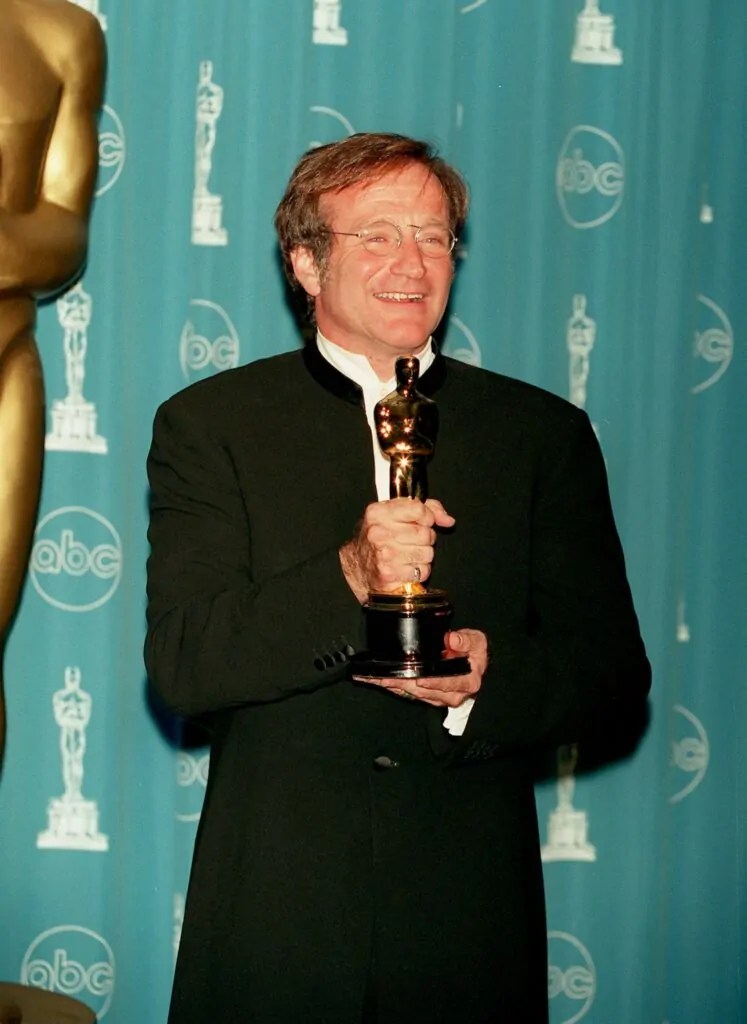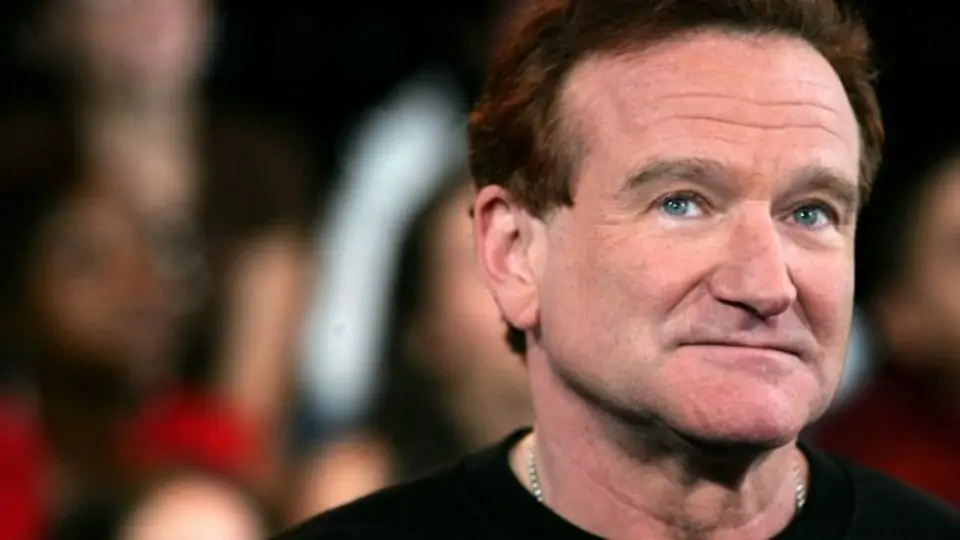It will soon be nine years since the renowned actor died.
On August 11, 2014, the devastating news that Robin Williams had committed suicide rocked the entire world.
The actor, best remembered for his work in Mrs. Doubtfire and Good Will Hunting, was a household name in the entertainment industry and was renowned worldwide for his wit and humor.

But due to an unidentified ailment, he battled many health problems in the year before his death.
The actor experienced stomach cramps, heartburn, and digestive problems after expressing “gut discomfort” at a celebration for him and his wife Susan Schneider’s two-year wedding anniversary.
He later went on to develop a resting tremor in his left hand, which was thought to be brought on by a prior shoulder injury.
He subsequently began to experience problems with his vision and sense of smell, which made him more worried and disrupted his sleep.
He eventually had motor disturbances that occasionally caused him to freeze in mid-motion.
For his biography Robin, Schneider told New York Times cultural reporter Dave Itzkoff that managing the symptoms was like “playing whack-a-mole.”

She uttered: “Not all of the symptoms will appear at once, like a continuous procession of them.
It was similar to a game of whack-a-mole. This month, which symptom is it? Was my husband a hypochondriac, I wondered. We have tried everything as we chase it, but there are no solutions.”
Billy Crystal, a friend and fellow actor, claimed that Williams’ appearance drastically transformed in a matter of months.
He was “taken aback by how he appeared” when they went to see a play in the fall of 2013 since he was “thinner and looks fragile,” according to Crystal.
Williams started crying as they said their goodbyes and the evening came to a close.
He did, however, film scenes for the third entry in the Night at the Museum series, in which he played Theodore Roosevelt, before an explanation for his symptoms could be determined.
He admitted to his makeup artist Cheri Minns that he no longer “knew how to be amusing” after having a panic episode and crying on set.
Schneider reported that he was “losing his mind and he was aware of it” to the medical journal Neurology after being prescribed antipsychotic drugs that only made matters worse.

In May 2014, doctors finally informed the couple that Williams had Parkinson’s disease. The comic, though, didn’t accept the diagnosis, and despite treatment, medicine, and testing, his condition continued to deteriorate.
He committed suicide on August 11 of that same year at the age of 63.
At first, depression was believed to be to fault. However, a postmortem examination indicated that he had Lewy body dementia.
This severe, untreatable brain condition can lead to hallucinations, disorientation, exhaustion, and issues with comprehension, memory, and judgment.
According to medical experts, it was one of the worst cases they had ever encountered.
It is frequently misinterpreted as this because Parkinson’s disease shares many symptoms with it.
Williams was scheduled to have more brain exams the week before he passed away. Schneider, however, claims that his anxiety of the results of the tests was what ultimately led him to commit himself.
Last year, she stated in an interview with the Guardian: “He might not have wanted to leave. He probably believed he would be imprisoned and never be released.”








